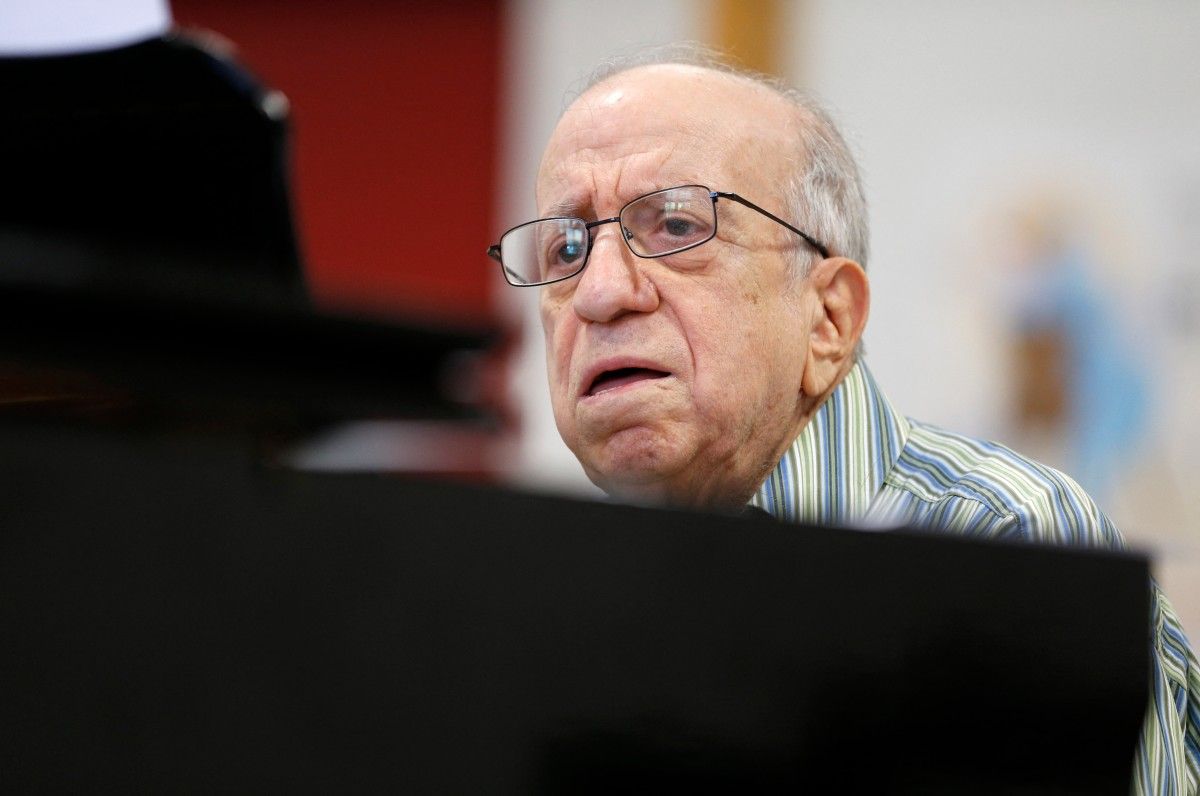
Martial Solal, one of the greatest jazz pianists of the 20th century, has passed away at 97, leaving behind an unparalleled legacy of innovation and artistry. A master of improvisation, his contributions to jazz and music history continue to inspire generations of musicians worldwide.
King of improvisation, Martial Solal left an indelible mark on the history of jazz as one of the greatest pianists of the 20th century. He passed away on December 12 at the age of 97. This prodigious musician, composer, arranger, and conductor made his name on the international stage, challenging the American giants of music. Born in Algiers in 1927 to a Jewish family, Solal first learned piano with his mother before turning away from conservatories to immerse himself in jazz, a genre that deeply inspired him with its improvisational freedom. His meeting with saxophonist Lucky Starway in Algiers was a true revelation. "What I liked was the way you could take a melody, even one without interest, and change it as you liked. It was a revelation," he once confided.
Arriving in Paris in 1950, in the dead of winter, he experienced a meteoric rise. After a difficult start, he quickly became one of the most sought-after pianists in the capital, playing in the legendary clubs of Pigalle and Saint-Germain-des-Prés. He accompanied the biggest names in international jazz, from Dizzy Gillespie to Sonny Rollins, while continuing to refine his playing and his art of improvisation. He listened to very few records, determined not to resemble anyone, even those he admired. This unique approach shaped his incomparable style.
Solal was also a prolific composer, creating many soundtracks, including for Jean-Luc Godard’s Breathless, a manifesto of the French New Wave. Over the decades, he recorded more than a hundred albums, both solo and with other jazz greats. His love of improvisation was matched by an unwavering drive to push the genre forward, constantly striving to expand the boundaries of what was possible. His sense of humor and his passion for athletics were also key facets of his personality. Even in his 90s, he continued to practice the piano two to three hours a day. "I'm happy when I have a concert because I think I'll finally hear the music I love," he said in 2019.
Solal, always true to his artistic vision, took a significant turn in 1963 when he performed at the prestigious Newport Jazz Festival, solidifying his reputation across the Atlantic. However, after five months in the United States, he chose to return to France to reconnect with his roots and family. In 1999, he received the Jazzpar Prize, the jazz equivalent of the Nobel Prize, an ultimate recognition for this musical giant. His dense and timeless legacy goes beyond the boundaries of jazz and remains a source of inspiration for many musicians. Martial Solal was a visionary who enriched the history of jazz with his undisputed genius, now and forever acknowledged.
With AFP



Comments